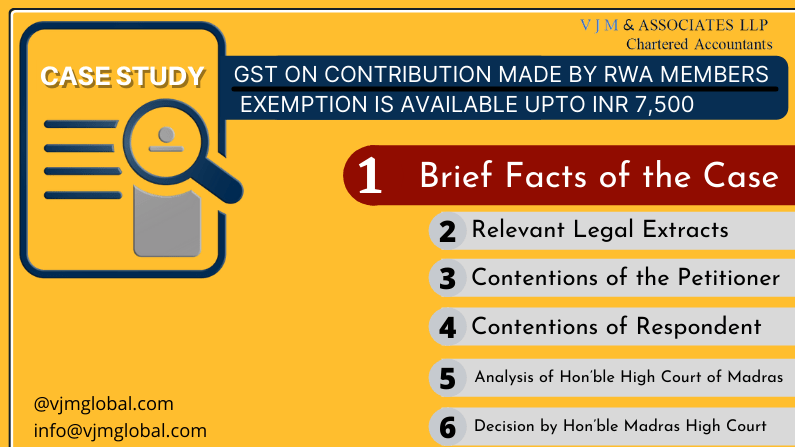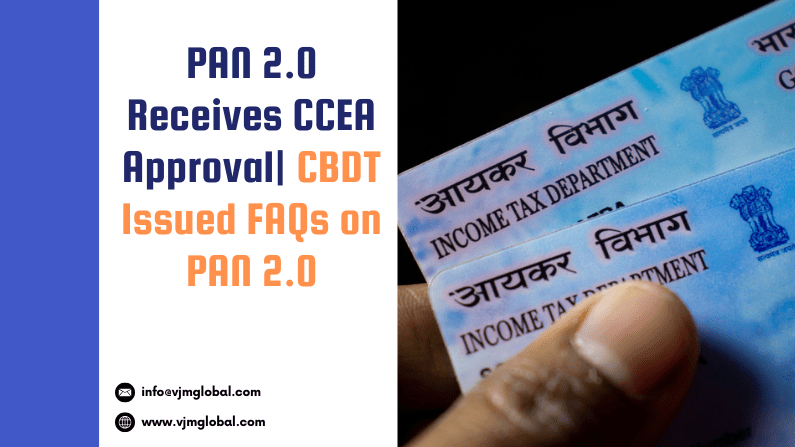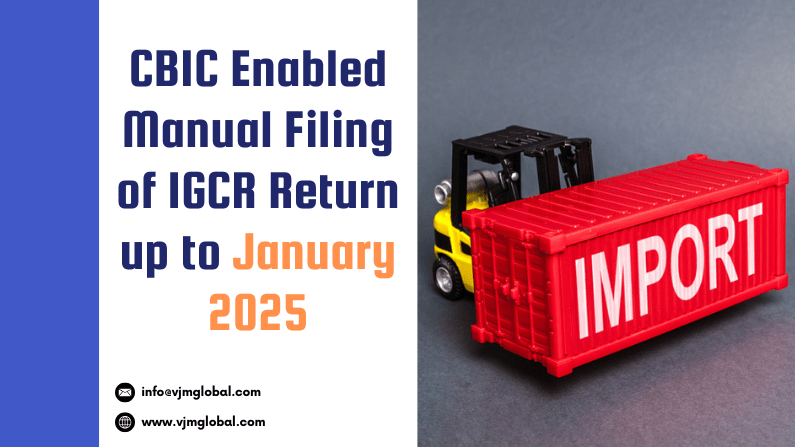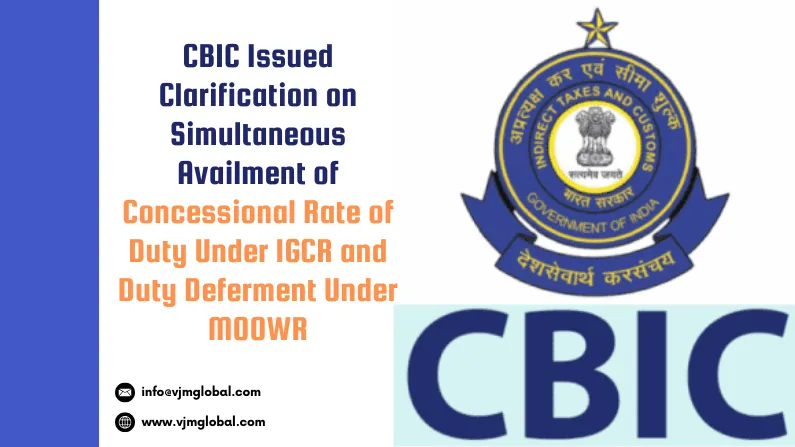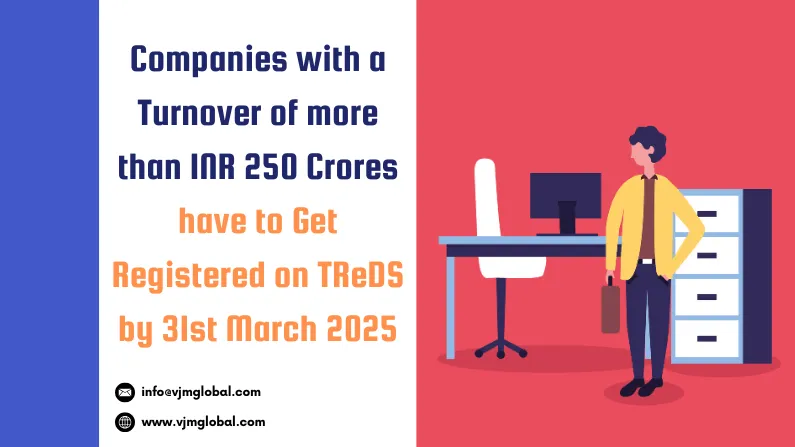Held by Hon’ble High Court of Madras in matter of
Greenwood Owners Association v. Union of India [W.P. Nos. 5518 and 1555 of 2020 dated July 01, 2021].
Post implementation of GST, vide Entry 77 of the Notification No. 12/2017-CT dated June 28, 2017, exemption was granted with respect to contribution received by RWAs in excess of INR 7,500. As per fliers and clarifications issued by CBIC initially, it was clarified that GST would be applicable on consideration received in excess of INR 7,500.
However, later on an RWA filed an application before the Authority of Advance Ruling to seek clarification in this matter. Hon’ble AAR held adverse and stated that exemption is available only if contribution is received upto INR 7,500. Therefore, If the contribution amount exceeds INR 7,500 then the entire contribution will be liable to GST. Inspired by such ruling, CBIC issued a clarification vide Circular No.109/28/2019-GST dated 22nd July, 2019 stating that exemption of contribution will be available only if amount is received upto INR 7,500. If an excess amount is received then the entire contribution would be liable to GST. Therefore, petitioner filed writ Petitioner before Hon’ble High Court challenging validity of Ruling of AAR and Circular later on issued by CBIC.
Hon’ble High Court held that the plain words employed in Entry 77 being, ‘upto’ an amount of Rs.7,500/- can only be interpreted to state that any contribution in excess of the same would be liable to tax. The term ‘upto’ connotes an upper limit and the same is interchangeable with the term ‘till’. It means any amount till the ceiling of Rs.7,500/- would be exempt for the purposes of GST. Therefore, The clarification by the GST Department even as early as in 2017 has taken the correct view.
1. Brief facts of the Case
- Petition is filed by Resident welfare Associations against an Advance Ruling which held that GST is levilable on the entire contribution received by RWA.
- Post introduction of GST, exemption was granted on contribution made by the members of RWA vide Notification 12/17- CT dated 28.06.2017 wherein exemption was granted for contribution made upto INR 5,000 per month per member. Limit of INR 5,000 was amended upto INR 7,500 vide Notification No.2/18 dated 25.01.2018.
- Exemption was granted for contributions made to RWA upto an INR.7,500/- per month per member for sourcing of goods and services from a third person for the common use of the members of RWA, i.e., housing complexes or residential complexes.
- In many cases, RWA received contributions in excess of INR 7,500. In such situation, question arose that:
- Whether in case contribution exceeds INR 7,500, the RWA would loose benefit of exemption altogether, i.e., entire contribution of INR 7,500 would be taxable; or
- Exemption will continue till contribution of INR 7,500 and only amount received in excess of INR 7,500 would be taxable.
- In Initial period, GST Department issued clarification in case of Co-operative Housing Society wherein it was specifically mentioned that GST would be applicable on consideration received in excess of INR 7,500. Fliers covered all Co-operative Housing Societies, in essence, RWAs, Housing Societies or Societies in residential complexes.
- Therefore, considering the clarification, all RWAs were levying GST on contributions received accordingly.
- However, in 2009, one of the petitioners approached the Authority of advance ruling seeking clarification on this matter.
- Hon’ble AAR held adverse and stated that exemption is available only if contribution is received upto INR 7,500. If contribution amount exceeds INR 7,500 then entitlement of exemption would stand defeated and entire contribution will be liable to GST.
- Inspired by ruling of Hon’ble AAR, CBIC issued a circular vide Circular No.109/28/2019-GST dated 22nd July, 2019 wherein it also clarified that exemption of contribution will be available only if amount is received upto INR 7,500. If excess amount is received then entire contribution would be liable to GST.
- Aggrieved by circular of CBIC and ruling of AAR, petitioner filed the writ petition (W.P.No.27100 of 2019) before the Hon’ble High Court of Madras. The petitioners challenged Circular No.109/28/2019 dated 22.07.2019 on the issue of levying tax on the entire amount of contribution received by RWA.
2. Relevant Legal Extracts
- “Description of Service” under Entry No. 77 of Notification No. 12/2017- CT dated 28.06.2017 is reiterated below:
“Service by an unincorporated body or a non-profit entity registered under any law for the time being in force, to its own members by way of reimbursement of charges or share of contribution-
(a) as a trade union;
(b) for the provision of carrying out any activity which is exempt from the levy of Goods and Service tax; or
(c) up to an amount of Seven thousand Five Hundred rupees per month per member for sourcing of goods or services from a third person for the common use of its members in a housing society or a residential complex.”
- Relevant extract of circular later issued by department (Circular No.109/28/2019-GST dated 22nd July, 2019) is reiterated below:
| S. NO. | Issue | Clarification |
| 5. | How should the RWA calculate GST payable where the maintenance charges exceed Rs.7500/- per month per member? Is the GST payable only on the amount exceeding Rs.7500/- or on the entire amount of maintenance charges? | The exemption from GST on maintenance charges charged by a RWA from residents is available only if such charges do not exceed Rs.7500/- per month per member. In case the charges exceed Rs.7500/- per month per member, the entire amount is taxable. For example, if the maintenance charges are Rs.9000/- per month per member, GST @ 18% shall be payable on the entire amount of Rs.9000/- and not on (Rs.9000- Rs.7500) = Rs.1500/- |
3. Contention of the Petitioner
The petitioner contended that:
- Interpretation by the Department is contrary to the express language and intend of the exemption granted.
- Emphasis is placed on the phrase ‘upto’. Exemption is granted for contribution received upto Rs.7,500/- and this entitlement remains constant irrespective of change in amount of contribution.
- Also, as per Article 13(3) of the Constitution of India, withdrawal of any statutory exemption by way of circular is contrary to the provisions of the constitution.
- Further, based on the initial clarification of the Department itself, the petitioner RWAs collected GST only on that contribution that exceeds Rs.7,500/-. Now if a contrary view is taken at this juncture then it would be impossible for the RWAs to collect the shortfall as there would have been several changes in ownership of the property, in the interim.
4. Contention of the Respondent
Ld. Counsel of the Respondent contended that:
- Stress was placed on Section 15 of CGST Act, as per which, GST is leviable on transaction value. In the given case, transaction value is contribution received and it should entirely be taken into account for levying taxes.
- Also, exemption is meant for middle classes and not for luxury appartments/their owners.
- Also, in the exemption notification, no slabs are given. Rather only a range is given which entitles assessee for exemption. Any variation in amount would automatically disentitled the benefit.
- Also, respondent place reliance on ruling of apex court in the matter of Commissioner of Customs Import, Mumbai V. Dilip Kumar & Company (361 ELT 577) wherein it was held that in the case of ambiguity in interpretation of a tax exemption provision or Notification, interpretation should be strict and the burden of proving applicability would fall on the assessee. Therefore, in this case, the exemption provision must be construed strictly and the petitioners are thus not entitled to seek beneficial treatment.
5. Analysis of Hon’ble High Court of Madras
Hon’ble High Court of Madras made following analysis:
- In the given cases, there is no ambiguity in the language of the exemption provision. Therefore, judgment of the Supreme Court in Dilip Kumar (supra) would not to this case.
- Intention of exemption notification is clear that it wants to remove contribution from the purview of taxation upto an amount of Rs.7,500/-.
- If a comparison is carried out of this exemption with language of other exemptions then it clearly appears the difference in language adopted by the revenue in the matter of grant of exemptions.
- In a case where legislature intended that the exemption shall apply only to cases where the amount charged does not exceed a specified pecuniary limit, it states as much, as can be seen from the language deployed in the proviso to Clause 56 in Notification 25 of 2012 where it is stated ‘the exemption shall apply only where the gross amount charged for such service does not exceed Rs.5,000/- in a financial year’.
- Similarly in entry No. 78 of Notification No.12/2017 dated 28.06.2017, exemption is available to following:
“Services by an artist by way of a performance in folk or classical art forms of-
(a) music, or
(b) dance, or
(c) theatre,
if the consideration charged for such performance is not more than one lakh and fifty thousand rupees:
Provided that the exemption shall not apply to service provided by such artist as a brand ambassador..”
- “Artist” are categories based on their earnings. One who charges less than INR 1.50 Lacs are exempted. If consideration exceeds INR 1.50 lakhs even by a rupee then artist would lose the benefit of exemption.
- These entries are given in same exemption notification thus the choice of words employed is a conscious one intended to have different applications.
- As per Apex Court in case of Dilip Kumar (supra), the Supreme Court reiterates the settled proposition that an Exemption Notification must be interpreted strictly. The plain words employed in Entry 77 being, ‘upto’ an amount of Rs.7,500/- can thus only be interpreted to state that any contribution in excess of the same would be liable to tax.
- The term ‘upto’ connotes an upper limit and the same is interchangeable with the term ‘till’. It means any amount till the ceiling of Rs.7,500/- would be exempt for the purposes of GST.
- As regards the argument concerning slab rate, a slab is a measure of determining tax liability. The prescription of a slab connotes that income upto that slab would stand outside the purview of tax on exigible to a lower rate of tax and income above that slab would be treated differently. The intendment of the exemption Entry in question is simply to exempt contributions till a certain specified limit.
- Therefore, The clarification by the GST Department even as early as in 2017 has taken the correct view.
6. Decision by Hon’ble Madras High Court
Hon’ble High Court held that Clarification by the GST Department in 2017 was correct. The judgement passed by AAR and further passed the Circular by the CBDT is liable to be set aside. Therefore, no GST is applicable on contribution received upto INR 7,500 and in case of contribution received in excess of INR 7,500, GST would levy only on additional amount.

